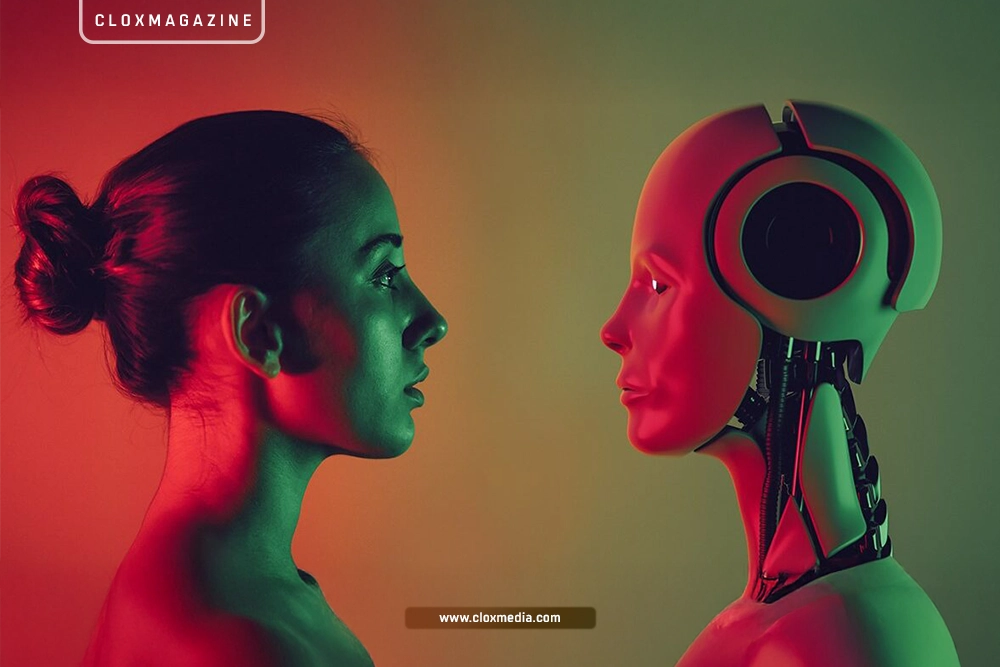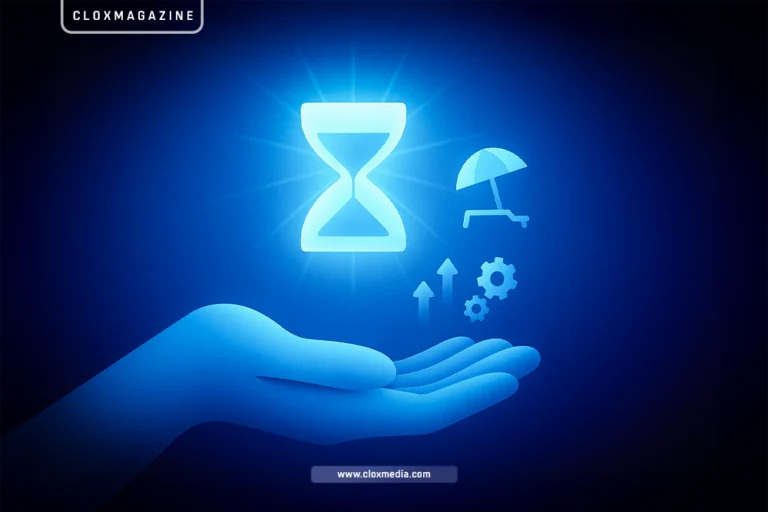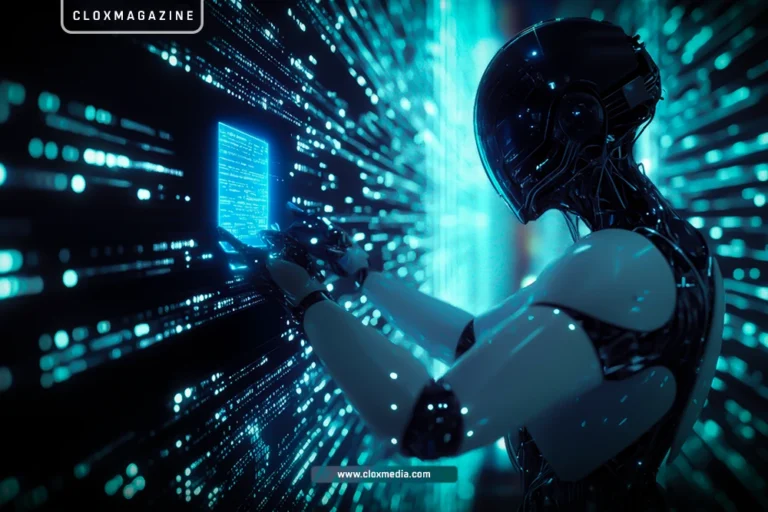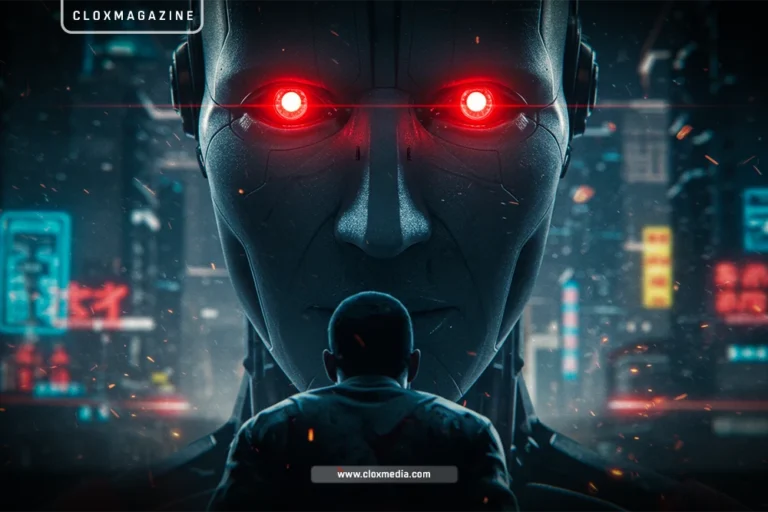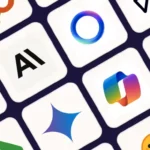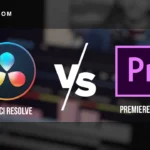Artificial Intelligence hasn’t just reshaped work; it has invented new jobs entirely. From prompt engineers to AI ethicists, a wave of careers now exists that simply weren’t possible before AI matured. While some feared AI would replace jobs, the truth is more nuanced: it’s creating roles that blend human creativity, responsibility, and oversight with machine power.
Prompt Engineers & AI Trainers
These are the AI whisperers. Prompt Engineers master the art of asking the right questions to AI models like GPT. Their inputs guide AI toward valuable results, from writing scripts to generating business ideas. Some prompt engineers are earning six-figure salaries, and companies like Anthropic and law firms are actively hiring.
Closely related, AI Trainers teach models to respond properly. They fine-tune tone, accuracy, and behavior by constantly feeding corrections and guidance to AI systems. They ensure AI chatbots sound human, not robotic. These roles are now critical in any company building AI tools for users. One early example comes from OpenAI itself, which hired contractors to interact with ChatGPT, rate its responses, and help shape its tone. As AI becomes more personalized, these behind-the-scenes teachers are crucial.
AI Ethicists, Auditors & Compliance Leads
AI is powerful, but it needs guardrails. That’s where AI Ethicists and Auditors come in. Their job is to make sure AI behaves fairly and responsibly, avoiding bias and harm. These roles are popping up everywhere from healthcare to finance, with some commanding salaries over $150,000.
AI Auditors check algorithms for fairness, especially when used in sensitive areas like hiring or lending. In cities like New York, audits for AI-driven HR tools are already mandatory. AI Compliance Leads make sure organizations meet ethical and legal standards; these are the AI policy enforcers. Companies are quickly realizing they can’t treat AI as “just another tech tool.” Entire teams are now dedicated to monitoring how AI systems are trained, deployed, and maintained.
AI Ethicists come from diverse backgrounds; law, philosophy, computer science… and help shape company AI policies, ensuring that technologies don’t reinforce discrimination or misinformation. As regulations tighten globally, these roles are set to become standard in any major enterprise working with AI.
Creative Collaborators
AI is revolutionizing content. Roles like AI Content Creators, AI-Assisted Journalists, and AI Persona Designers are rising. These professionals use tools like Midjourney, GPT-4, or DALL·E to ideate, draft, and polish content quickly, but creatively.

Major publishers like Gannett are already posting roles for AI-assisted sports editors and reporters. These positions use AI to automate basic coverage (like sports recaps), freeing up human journalists for deeper analysis. Some educators argue it’s a lifeline for underfunded newsrooms… others fear it dilutes journalistic standards. Either way, the role now exists.
In marketing, AI strategists blend human emotion with machine precision to deliver campaigns that convert. AI-generated video scripts, newsletters, and ad creatives are all being shaped by people who understand both brand tone and how to prompt the machine effectively.
Even chatbot personalities are now ‘designed’ by conversation experts to sound witty, warm, or authoritative depending on the brand. This field — AI Persona Design — brings UX, psychology, and creative writing into a whole new job category.
Autonomous Operators & Machine Managers
As AI enters the physical world, humans still hold the keys. Companies like Waymo, Nuro, and Amazon hire Autonomous Vehicle Operators to monitor AI drivers and step in if something goes wrong. Think of them as co-pilots to the algorithm.
These roles may seem temporary; a bridge until full autonomy is ready, but experts say the human touch will be needed for years, especially in unpredictable environments. One operator at an autonomous delivery company described their job as “equal parts technician, driver, and therapist for the car.”
Meanwhile, AI Machine Managers oversee robotics in factories or warehouses. They ensure operations flow smoothly, troubleshoot AI errors, and act as human fail-safes. This blend of technical and hands-on work is defining the next generation of operational roles.
As more industries adopt robotics and automation — from farming to logistics — expect these jobs to grow, not shrink. You may not be coding, but you’ll need to understand data dashboards, sensor alerts, and how to override or recalibrate machines when things go sideways.
AI Executives & Educators
Leadership is evolving. Organizations are creating Chief AI Officers (CAIOs) to lead their AI transformation strategies. These execs bridge business goals with AI execution. Hospitals, banks, and tech firms are hiring them to ensure AI is used responsibly and effectively.
Dennis Chornenky, for example, became the first CAIO at UC Davis Health. His role? Overseeing AI use across departments, aligning it with healthcare goals, and ensuring ethical practices. Similar positions are showing up in finance, media, and government.
Meanwhile, education is catching up. New roles like AI Literacy Coaches and Curriculum Designers are emerging to help schools and companies teach AI skills. From classroom teachers integrating ChatGPT to corporate trainers rolling out AI onboarding, AI educators are in high demand.
AI literacy is being recognized as the next digital literacy. Universities are hiring staff to integrate AI education across disciplines. Companies are hiring internal AI trainers to help teams adopt tools ethically and efficiently. The role of “explainer-in-chief” is more important than ever.
Summation
These jobs didn’t exist before AI because the technology didn’t exist. Now they’re not only real ; they’re thriving. What unites them is this: they keep humans in the loop, either by teaching AI, guiding it, managing it, or partnering creatively with it.
From whispering prompts to AI models, to designing digital personalities, to auditing algorithms for fairness, these roles reflect a shift in how we work: more collaborative, more strategic, more human. As we move deeper into the AI era, expect even more hybrid roles to emerge.
CLOXMAGAZINE, founded by CLOXMEDIA in the UK in 2022, is dedicated to empowering tech developers through comprehensive coverage of technology and AI. It delivers authoritative news, industry analysis, and practical insights on emerging tools, trends, and breakthroughs, keeping its readers at the forefront of innovation.


